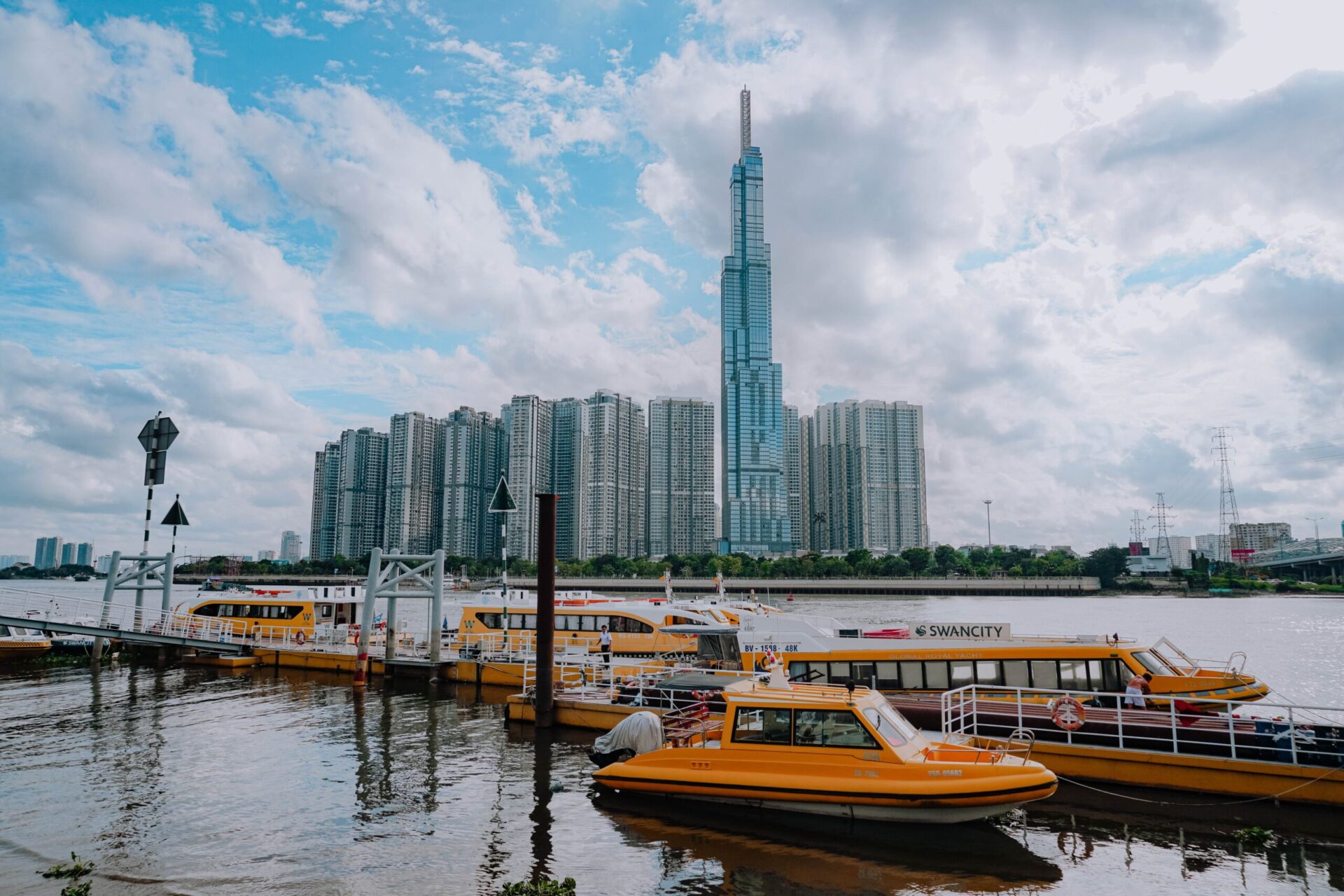Riding the Waves of Transformation: Vietnam’s Economic Growth and the New Horizons of Society

The Vietnamese economy has experienced remarkable growth in recent years, underpinned by an influx of foreign direct investment, technological innovation, and proactive economic policies from the government. This article delves deep into the societal changes brought about by Vietnam’s economic upswing, exploring its impacts and future prospects.
目次
1. Introduction: The Leap of Vietnam’s Economy
The Vietnamese economy has shown significant growth over the past decades. The Gross Domestic Product (GDP) has been steadily increasing, attracting numerous international companies to enter the Vietnamese market. The manufacturing industry, especially in electronics, garments, and footwear, is thriving with major corporations like Samsung and LG establishing substantial factories in Vietnam. Such inflows of foreign direct investments have been a major contributor to the growth of the Vietnamese economy. Moreover, the Vietnamese government has been keen on attracting foreign investments by offering tax incentives and improving the business environment, further propelling the economic development.
2. The Rise of Technological Innovation and Entrepreneurship
In Vietnam, the fusion of technological advancements and the entrepreneurial spirit of the younger generation has led to a vibrant startup ecosystem. Cities like Ho Chi Minh City and Hanoi have seen the emergence of numerous startups in the IT, fintech, and e-commerce sectors, drawing attention both domestically and internationally. For example, “VNG” is Vietnam’s first unicorn company, achieving great success by providing online gaming and social media services. Such movements provide new career opportunities for the youth and showcase the potential for innovation in Vietnam to the world.
3. Transformations in Social Structures and Emerging Challenges
Economic growth has led to accelerated urbanization and changes in lifestyles. In Vietnam’s major cities, skyscrapers are becoming a common sight, with many people migrating from rural areas to urban centers. This has led to improvements in urban infrastructure such as education and healthcare, while also giving rise to new challenges like housing issues and traffic congestion. The labor market is also evolving with the expansion of manufacturing and service industries, demanding a more diverse set of skills. These changes present new opportunities as well as challenges for adaptation in Vietnamese society.
4. Pathways to Sustainable Growth
Amid economic growth, Vietnam is also focusing on sustainability. Environmental initiatives include the expansion of renewable energy use and reduction of plastic consumption. Efforts are also being made to promote social inclusion by improving access to education and healthcare, and supporting rural development. These initiatives are crucial for making economic growth sustainable and addressing the social and environmental challenges faced by Vietnam.
5. Conclusion: Envisioning Vietnam’s Future
Vietnam is actively embracing the changes brought by economic growth, seeking paths to sustainable development. The country is not only focusing on domestic policies but also on collaborating with the international community, aiming to contribute to global challenges. The future of Vietnam depends on the fruition of these efforts and the creation of new opportunities. As Vietnam aims to build a society where the fruits of economic growth are shared by all, it is steering towards the next steps in its journey.
(Photo by Unsplash.com)



